English 12 Honors asks students to closely analyze British and world literature and to consider how humans define and interact with the unknown, the monstrous, and the heroic. In the epic poems The Odyssey, Beowulf, and The Inferno, in Shakespeare’s The Tempest, in the satire of Swift, and in the rhetoric of World War II, students examine how the ideas of “heroic” and “monstrous” have been defined across cultures and time periods and how the treatment of the “other” can make monsters or heroes of us all.
Reading Frankenstein and works from the people who experienced the imperialism of the British Empire, students explore the notion of inner monstrosity and consider how a dominant culture can be seen as monstrous in its ostensibly heroic goal of enlightening the world.
Throughout this course, students analyze a wide range of literature, both fiction and nonfiction. They build writing skills by preparing analytical and persuasive essays, personal narratives, and research papers. Opportunities for self-directed study, including outside readings, open-ended journal entries, and free-form projects, challenge Honors students to use their creativity and critical thinking skills to gain independent mastery of reading and writing. Finally, in order to develop speaking and listening skills, students participate in discussions and prepare speeches. Overall, students gain an understanding of the way British and world literature represent the array of voices that contribute to our global identity.
*2 semesters, 1 credit

